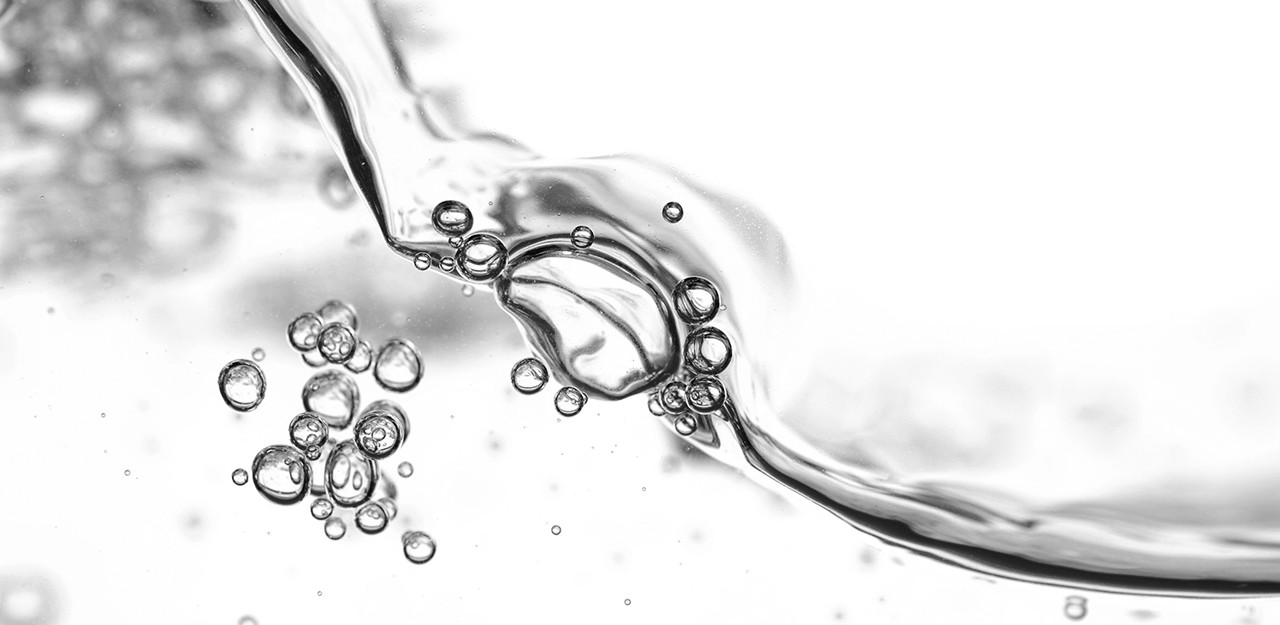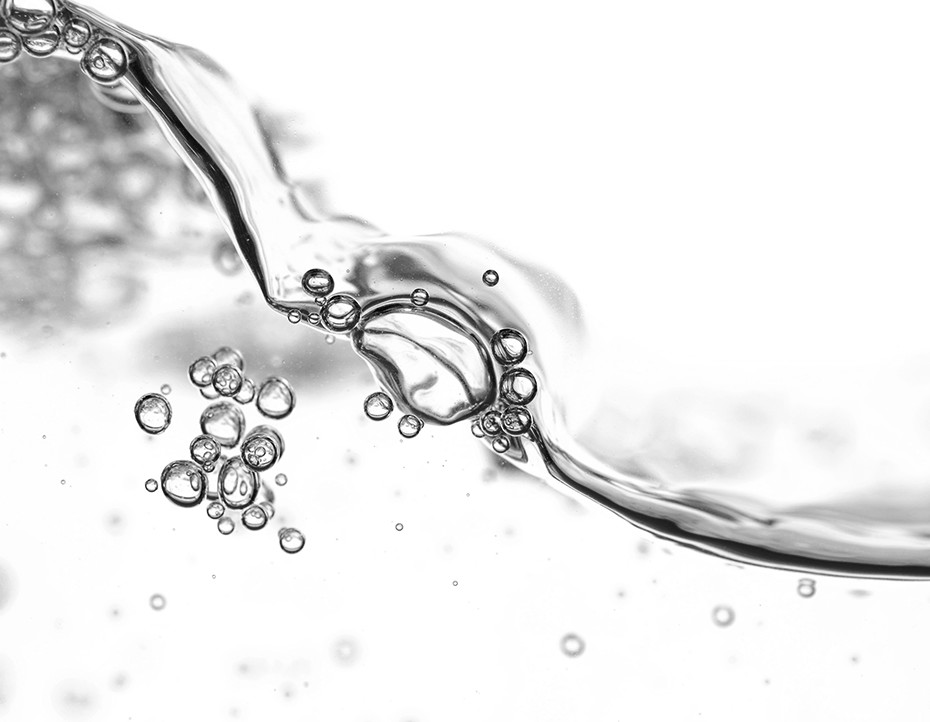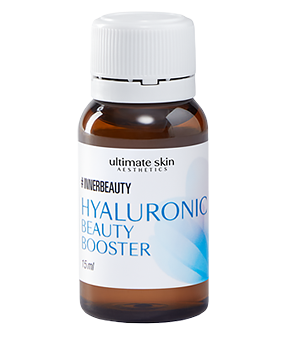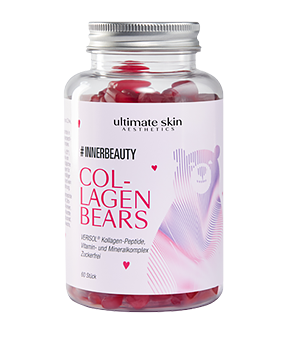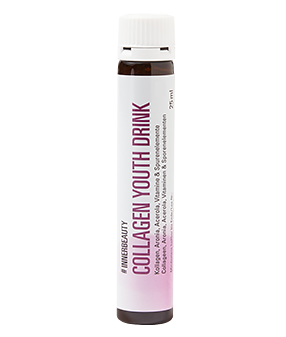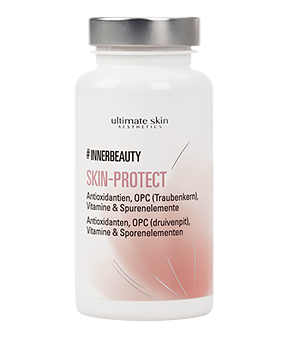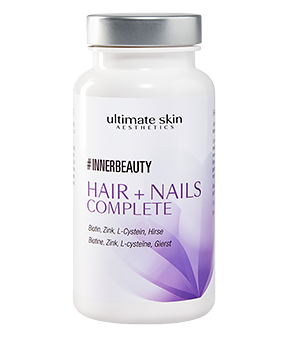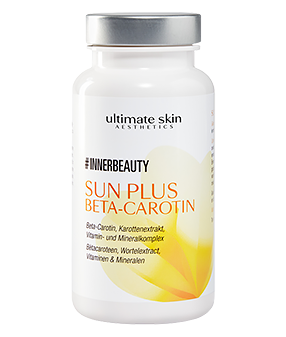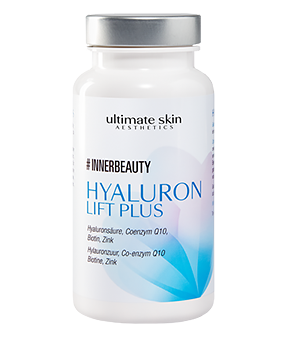WHAT IS THE FUNCTION OF COENZYME Q10?
Coenzyme Q10 is found in all cells of the body. There it helps the mitochondria to convert energy from food into the body’s own energy (in the form of adenosine triphosphate, ATP). In those organs that need the most energy – the heart, lungs and liver – Q10 is therefore particularly highly concentrated. The coenzyme also has an antioxidant effect. This means that it can bind free radicals that would otherwise attack the cells and sometimes trigger oxidative stress.
What happens if you have a q10 deficiency?
If there is not enough Q10 in the body, the cells are not supplied with sufficient energy. In addition, free radicals can destroy skin cells unhindered. This is particularly unfavourable for all those who cannot always ensure a balanced diet, who smoke or who frequently expose themselves to the sun without protection. They are particularly susceptible to oxidative stress.
HOW DO I SUPPLY MY BODY WITH SUFFICIENT Q10?
The older we get, the less Q10 our bodies produce. People with muscle diseases are particularly often deficient in coenzyme Q10. You can help your body by getting Q10 from your diet. The coenzyme is found in many foods, such as meat, fish, liver, eggs, butter, nuts, soya and pulses. So include these in your diet as often as possible.
You can also supplement coenzyme Q10 with food supplements. If you want to protect your skin from oxidative stress, provide your body with antioxidants. You can also get these from a balanced diet and from supplements with selenium or zinc.*
*Selenium and zinc help protect cells from oxidative stress.
